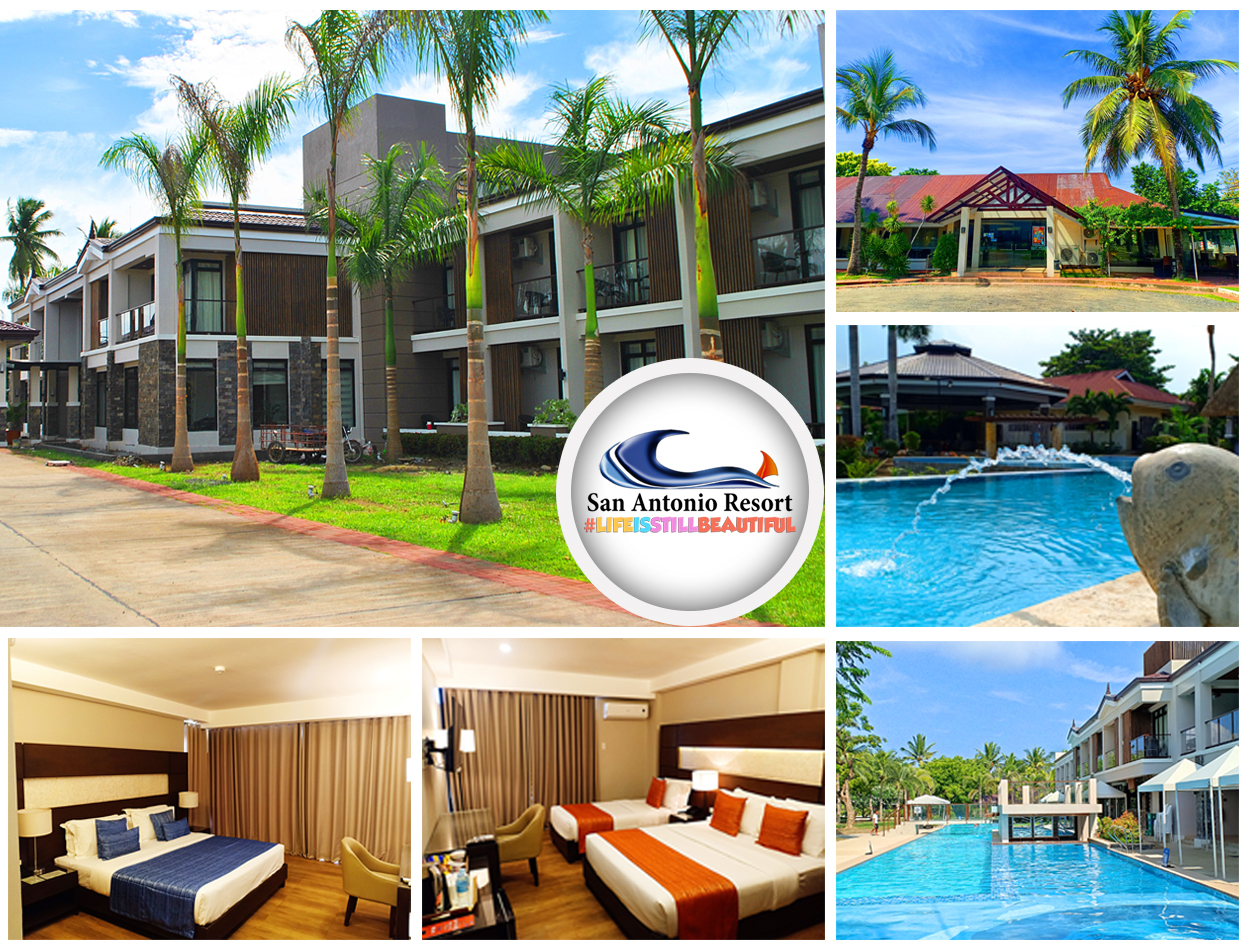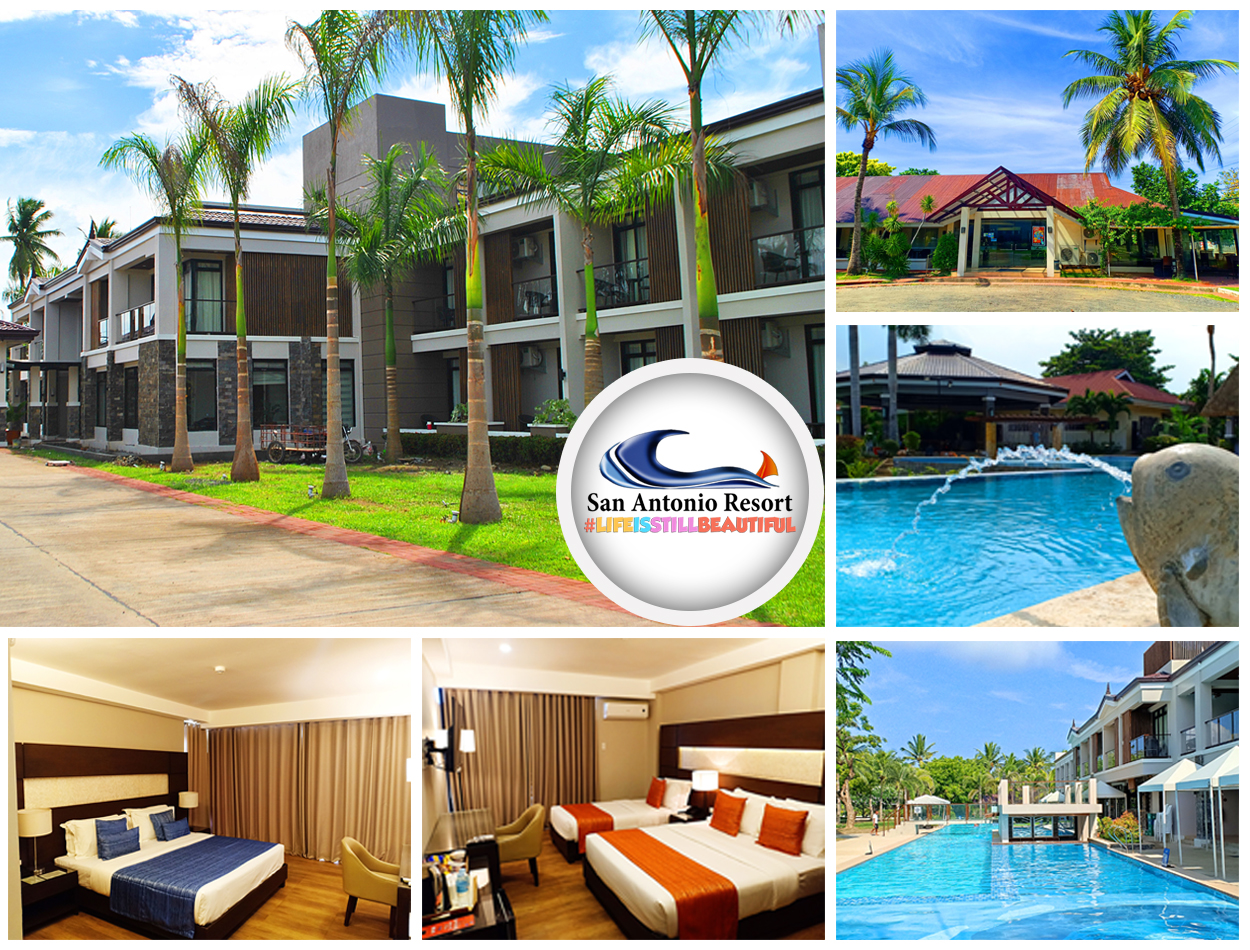THE Bureau of Fisheries and Aquatic Resources (BFAR) here and the local government unit of Malay, Aklan are implementing measures to prevent entry to Boracay Island of shellfish particularly oysters or “talaba” from the province of Capiz, after coastal waters of six areas there – the towns of Panay, Pilar, Ivisan, Sapian, President Roxas and Roxas City turned positive for Paralytic Shellfish Poison (PSP) or red tide.
The presence of red tide in the coastal waters of Panay and Pilar towns and Roxas City was confirmed by BFAR on September 29 while Ivisan,
Sapian and President Roxas towns were confirmed to have red tide on October 5.
According to John Rey De Eyoy of the Fishery Protection and Law Enforcement Group of BFARAklan, even before the release of Shellfish Advisories from
BFAR September 29 confirming that the three areas in Capiz are positive for red tide, entry of oysters to Boracay Island had been stopped.
This is because as early as September 25 when laboratory tests in Capiz showed signs of red tide, LGU-Malay, through its Municipal Agricultural Office (MAO), was already BFAR, Malay stop entry of ‘talaba’ from Capiz alerted by BFAR-Aklan.
De Eyoy explained that BFAR-Aklan and LGU-Malay have quarantine officers posted at seaports particularly in this case the Caticlan Jetty Port, where people bringing in food products to the island are required to present auxiliary
invoices issued from the place of origin of the goods.
“Products will not be allowed to be brought to Boracay Island without said invoice,” De Eyoy said.
It was learned during the latest Provincial Local Price
Coordinating Council (PLPCC) meeting here that prior to this announcement from BFAR regarding red tide affecting some areas in Capiz, some resorts in Boracay Island had been sourcing their oyster supply from Roxas City, even labeling on their menu that such oysters are from Roxas City.
When reached for their update, MAO-Malay, through Agricultural Technician for
Fisheries Division Reymark Sinel, confirmed the statement from BFAR-Aklan that before shellfishes and other sea products could be brought to Boracay Island, documents stating the place of origin of such products should be submitted first to quarantine officers.
He said that by the time the BFAR Shellfi sh advisories
were released on Sept. 29,
the Caticlan Jetty Port was no longer allowing entry of oysters from Capiz to Boracay Island.
Meanwhile, with red tide affecting coastal waters in some areas in Capiz, BFAR-Aklan will be closely monitoring coastal waters of Batan Bay in Aklan, which is shared by the municipalities of Altavas, Batan, and New Washington.
De Eyoy said when testing the coastal waters for red tide, three samples are being examined – meat sample, water, and plankton. He noted that once the tests turn negative, monitoring will only be held monthly, but if the samples test positive for red tide, monitoring and testing will be weekly. (PIA6 Aklan)






